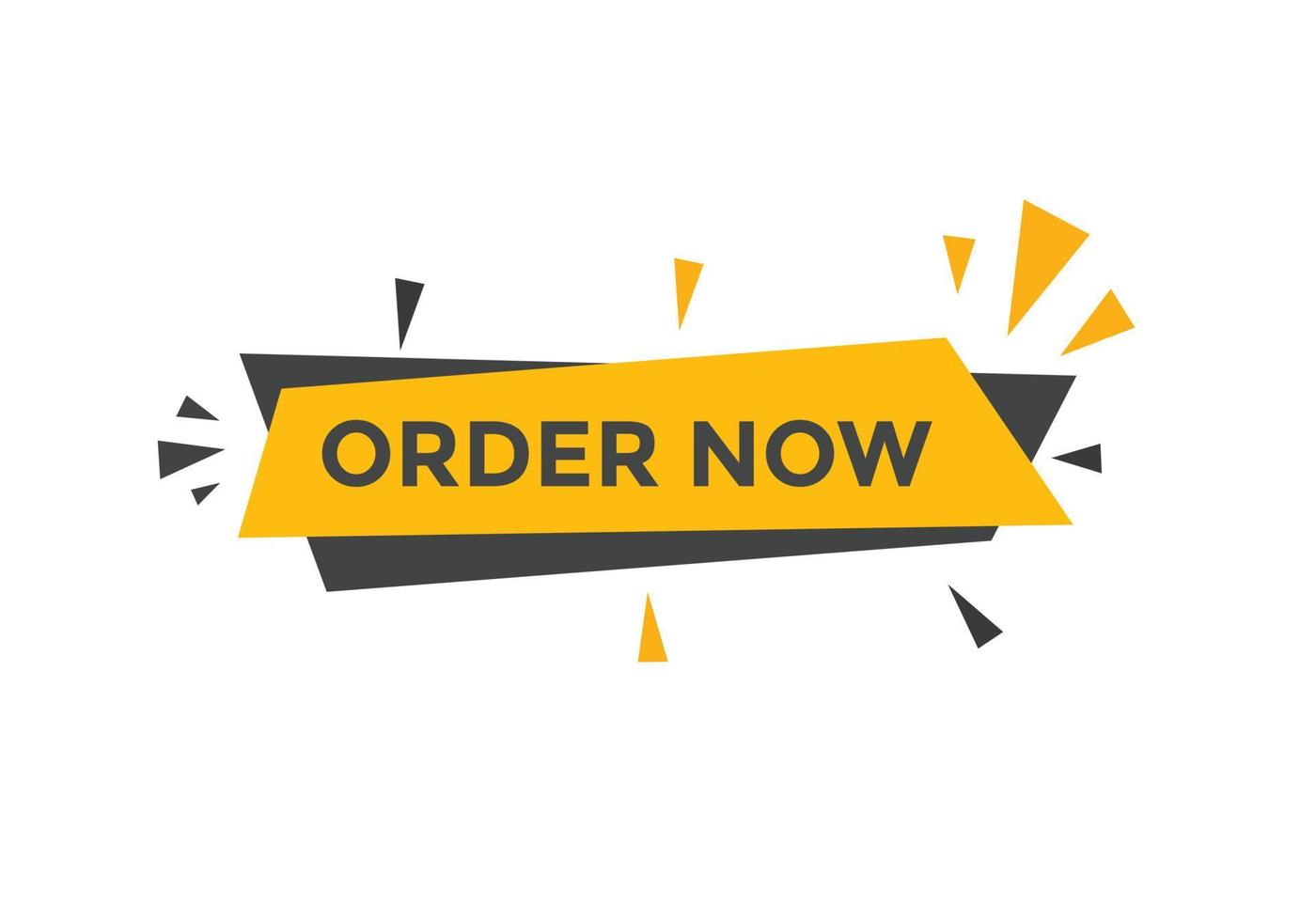NR302 HEALTH ASSESSMENT I RUA: HEALTH HISTORY GUIDELINES
Purpose
Before any nursing plan of care or intervention can be implemented or evaluated, the nurse assesses the individual through the collection of both subjective and objective data. The data collected are used to determine areas of need or problems to be addressed by the nursing care plan. This assignment will focus on collecting subjective assessment data, synthesizing the data, and on identifying health/wellness priorities based on the findings. The purpose of the assignment is two-fold:
- To recognize the interrelationships of subjective data (physiological, psychosocial, cultural/spiritual, and developmental) affecting health and wellness.
- To reflect on the interactive process between self and client when conducting a health
Course Outcomes: This assignment enables the student to meet the following course outcomes:
CO 1: Explain expected patient behaviors while differentiating between normal findings, variations, and abnormalities. (PO 1)
CO 2: Utilize prior knowledge of theories and principles of nursing and related disciplines to integrate clinical judgment in professional decision-making and implementation of the nursing process while obtaining a physical assessment. (POs 4 and 8)
CO 3: Recognize the influence that developmental stages have on physical, psychosocial, cultural, and spiritual functioning. (PO 1)
CO 4: Utilize effective communication when performing a health assessment. (PO 3)
CO 5: Demonstrate beginning skill in performing a complete physical examination, using the techniques of inspection, palpation, percussion, and auscultation. (PO 2)
CO 6: Identify teaching/learning needs from the health history of an individual. (POs 2 and 5)
CO 7: Explore the professional responsibilities involved in conducting a comprehensive health assessment and providing appropriate documentation. (POs 6 and 7)
Due date: Your faculty member will inform you when this assignment is due. The Late Assignment Policy applies to this assignment.
Total points possible: 100 points
Preparing the assignment
Follow these guidelines when completing this assignment. Speak with your faculty member if you have questions.
- Complete a health assessment/history on an individual of your choice who is 18 years of age or older and NOT a family member or close friend.
- The purpose of this restriction is to avoid any tendency to anticipate answers or to influence how the questions are Your goal in choosing an interviewee is to simulate the interaction between you and an individual for whom you would provide care.
- Inform the individual that information obtained will be kept confidential and do not use identifying information within the assignment.
- Include the following sections when completing the
- Health History Assessment (70 points/70%)
- Demographics
- Perception of Health
- Health History Assessment (70 points/70%)
- Past Medical History
- Family Medical History
- Review of Systems
- Developmental Considerations- use Erikson’s Stages of Psychosocial Development- which stage is your participant at and give examples of if they have met or not met the milestones for that
- Cultural Considerations- definition, cultural traditions, cultural viewpoints on healing/healers, traditional and complementary medicine, these are examples but please add more
- Psychosocial Considerations- support systems-family, religious, occupational, community these are examples but please add more
- Collaborative Resources to Improve Health- give examples of resources available to improve the health of the participant such as community, nutritional recommendations, healthcare, spiritual,
- Reflection (20 points/20%)
Reflection is used to intentionally examine our thought processes, actions, and behaviors in order to evaluate outcomes. Provide a written reflection that describes your experience with conducting this Health History.
- Reflect on your interaction with the interviewee
- Describes the interaction in its entirety: include the environment, your approach to the individual, time of day, and other features relevant to therapeutic communication and to the interview
- How did your interaction compare to what you have learned?
- What barriers to communication




Reviews
There are no reviews yet.